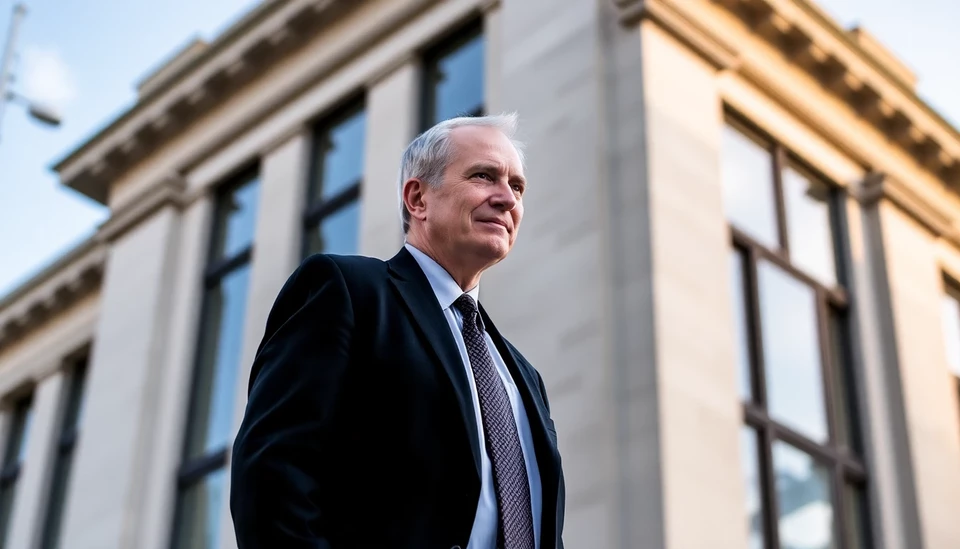
In a significant development in the energy sector, JPMorgan Chase has announced an expansion of its energy transition pipeline, which now incorporates coal-related deals. This strategic decision comes amid a growing global focus on sustainability and the transition towards cleaner energy sources, raising questions about the bank's commitment to combating climate change.
The inclusion of coal deals in JPMorgan's energy transition portfolio marks a remarkable shift in the bank's approach and highlights the challenges faced by financial institutions as they navigate the complex landscape of energy financing. This decision appears to respond to the increasing demand for reliable energy as countries strive to balance climate goals with economic needs.
JPMorgan, one of the largest financial institutions in the world, has made it clear that it is recognizing the important role of fossil fuels in the current energy mix, particularly in regions where coal remains a dominant source of energy. By expanding its pipeline, the bank aims to support projects that could facilitate a smoother transition from coal to more sustainable energy alternatives.
Industry experts view this move as a dual-edged sword. While it underscores the immediate need for energy stability and security in certain markets, it also poses challenges for the bank’s reputation as an advocate for sustainable practices. Many environmentalists and climate activists are likely to express concern over this new direction, arguing that investments in coal contradict the long-term goals of reducing greenhouse gas emissions and achieving net-zero targets.
This expansion into coal financing allows JPMorgan a foothold in a sector that is still prevalent in various parts of the world, particularly as developing nations grapple with energy poverty and the need for a robust energy supply. The bank's strategy suggests that they are not entirely abandoning high-carbon sectors but rather trying to find a balanced approach that could facilitate a gradual transition towards renewable energy sources.
Furthermore, JPMorgan's decision could provoke dialogue among other financial institutions about their role in supporting coal and similar industries, and how such engagements could affect their environmental, social, and governance (ESG) standings. This situation is further complicated by the ongoing global conversations about energy security, supply chain resilience, and the pressing need to transition to greener alternatives while ensuring energy access for all.
The financial giant's move signifies a recognition of the transition’s complexities and the need for a nuanced perspective. With ongoing discussions surrounding sustainability and climate finance, this inclusion of coal projects signals that the energy transition is not a one-size-fits-all proposition but rather a multifaceted challenge requiring strategic financing decisions.
As the world grapples with the realities of energy needs versus climate imperatives, JPMorgan’s approach may attract scrutiny from both supporters and detractors in equal measure, potentially setting a precedent for how other banks may respond to similar pressures in the energy market.
As this narrative unfolds, the banking sector will undoubtedly face ongoing pressure to align with evolving environmental expectations while addressing the reality of global energy demands. The way forward will require creativity and adaptability, ensuring that the transition to a low-carbon economy is both prudent and practical.
As the world watches how JPMorgan navigates this delicate terrain, it remains to be seen how this expansion will impact its reputation and its role in the burgeoning green finance landscape.
With these developments, stakeholders are urged to closely monitor the implications not only for the bank but for the wider energy industry, particularly in how financial institutions will prioritize sustainability amidst pressing global energy needs.
#JPMorgan #EnergyTransition #CoalDeals #Sustainability #ClimateChange #InvestmentStrategy #EnergySecurity #GreenFinance #FossilFuel #ESG
Author: Daniel Foster




